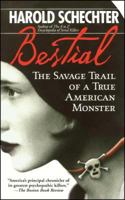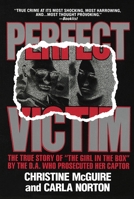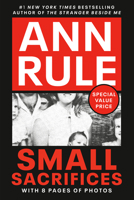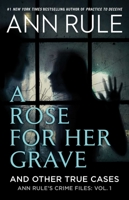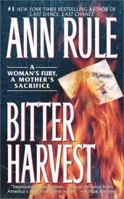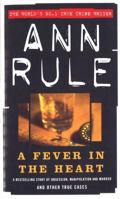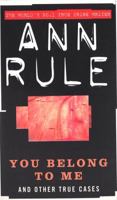Fatal Friends, Deadly Neighbors and Other True Cases
(Part of the Crime Files (#16) Series and Crime Files (#16) Series)
Select Format
Select Condition 
You Might Also Enjoy
Book Overview
Customer Reviews
Rated 5 starsMy Favorite Ann Rule Book Ever!
I own this and have had to order a new one every 3-4 years because it gets so worn out fromreading it over and over!
0Report
Rated 4 starsHeart Full of Lies
Another great true crime by Ann Rule!! I love her books.
0Report
Rated 5 starsExcellent Account of a Troubled Woman's Decline Into Murder
It's tough to choose the right amount of stars in a genre that includes "In Cold Blood," "The Executioner's Song" & other classics that really raise the bar. But Ann Rule's "Heart Full of Lies" is one of her best since "The Stranger Beside Me," which is saying a lot, considering "Stranger" is itself a (flawed) classic. "Heart" starts slow and just builds & builds & builds until we realize Rule just has a great grip on...
0Report
Rated 5 starsExcellent Read
I picked up this book at a hospital gift shop, and had no idea I would be as taken in with the story as I was. I found myself speaking out as I read, completely frustrated with the extent this woman went to to destroy lives and get everything she thought she deserved. My blood was chilled. I understand that Liysa is currently suing Ann Rule for painting a untrue picture of her in the novel. Well darling, if only a quarter...
0Report
Rated 5 starsHeart Full of Lies succeeds and raises an interesting issue
For the reviewers above: I wonder who the heck reads Ann Rule for her "skillfull prose?" The story is what compells readers! I have an English degree and the lack of fluent prose does not even faze a reader who is caught up in the skillful depiction of real-life people. Those complaints are pointless. If you want good prose, try other literary genres. True crime is supposed to be relatively journalistic. I disagree...
1Report















